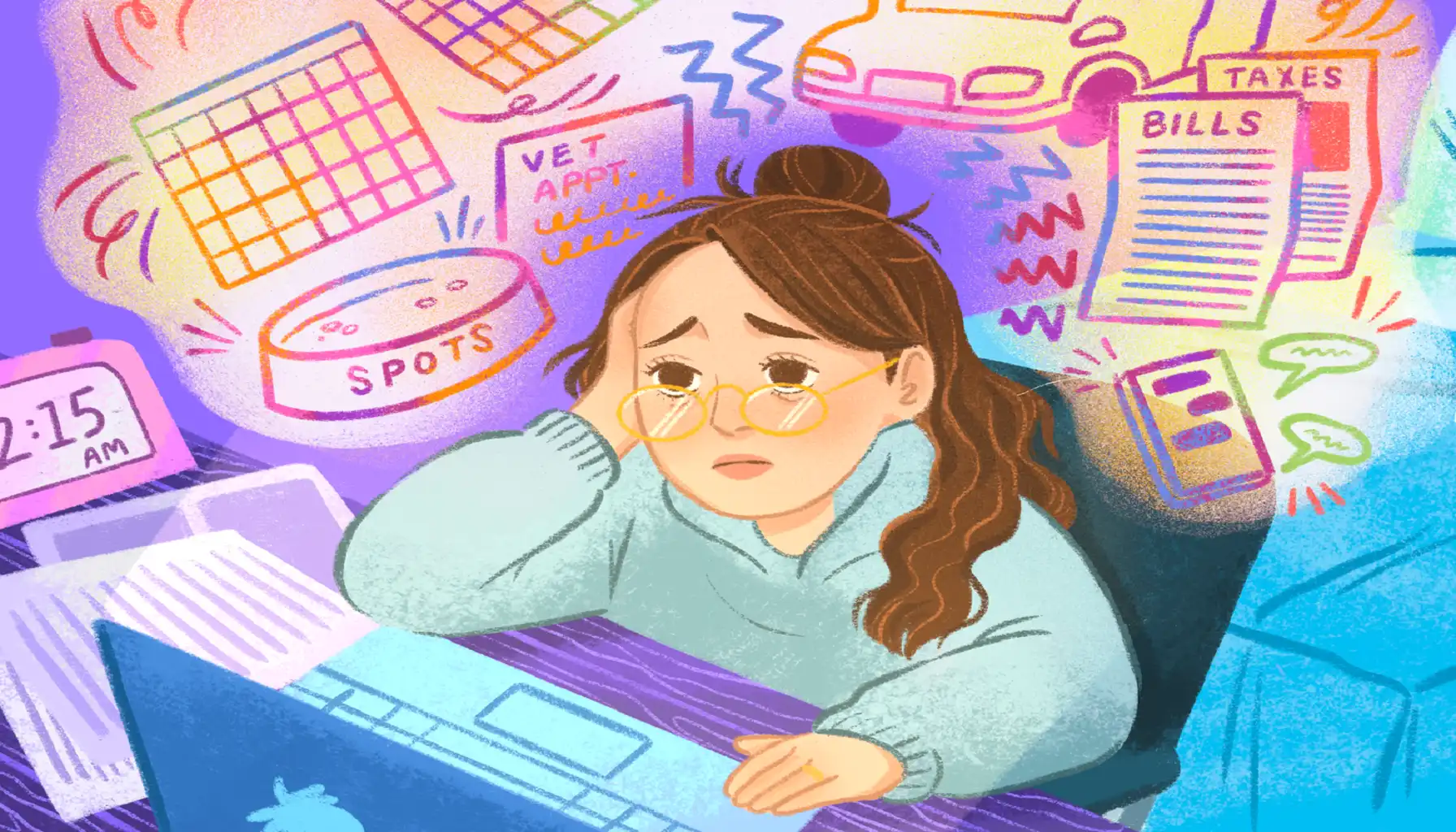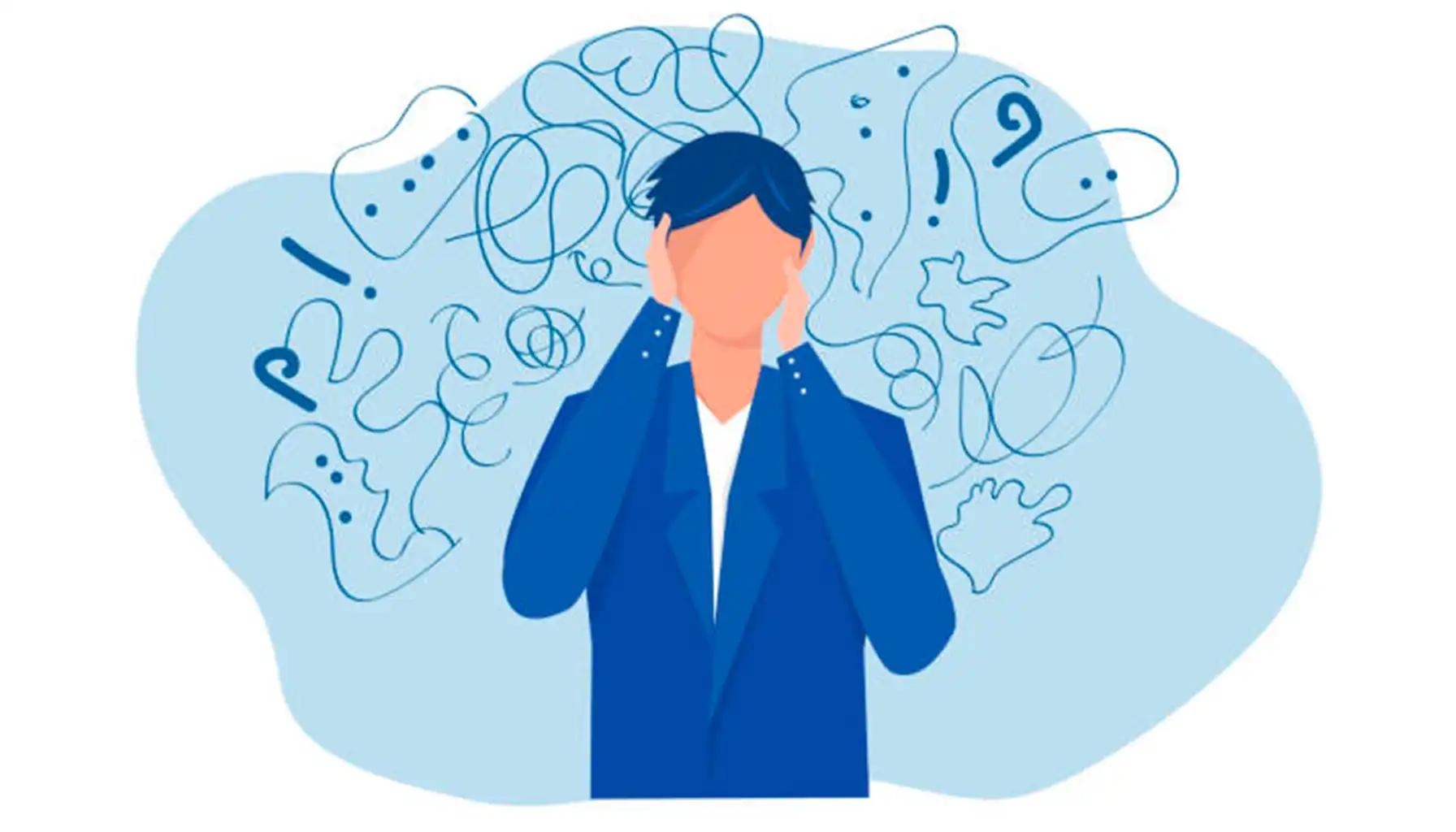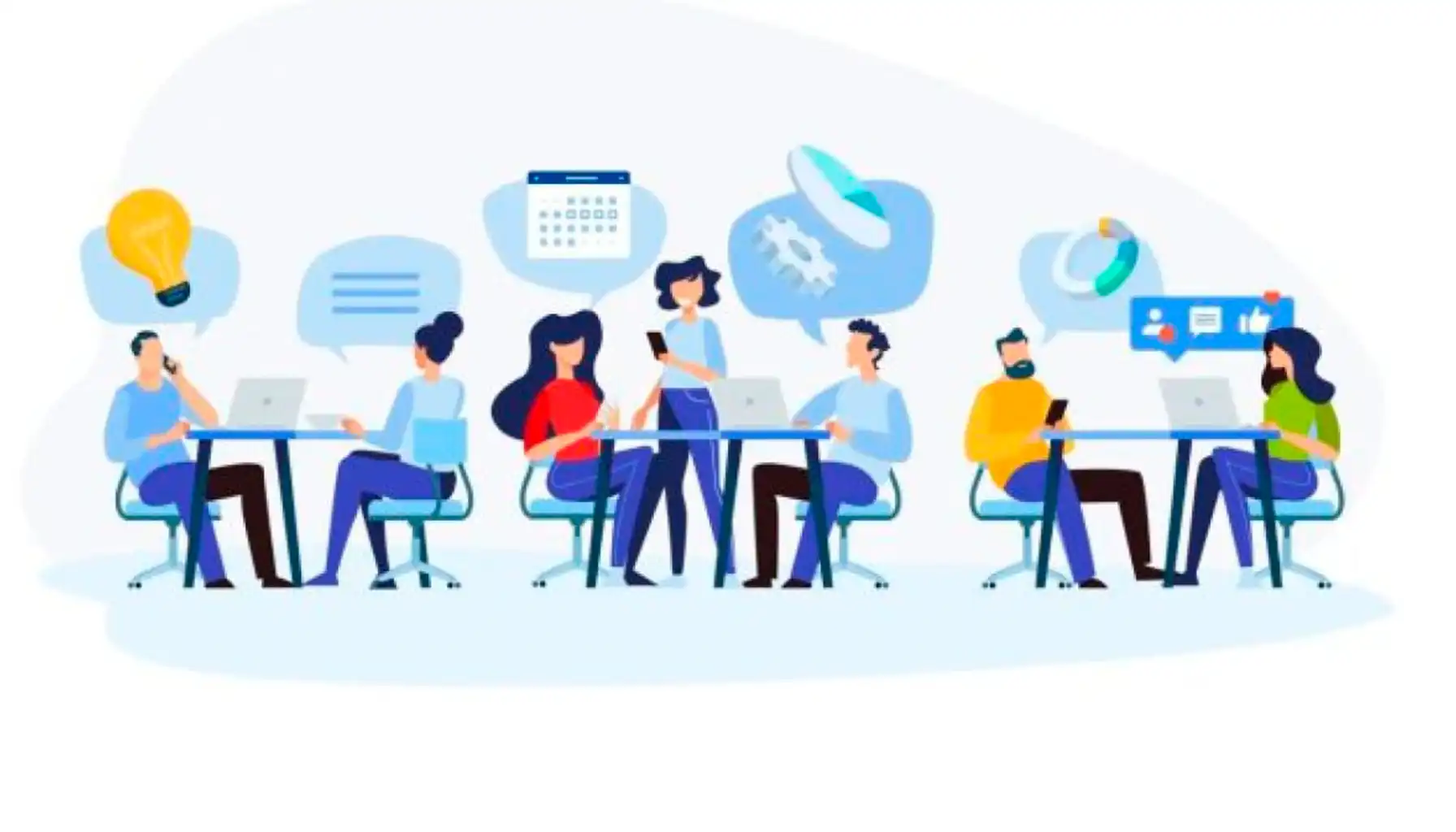7 Adult ADHD Treatment Options: What Science Says Works

Contents:
The implications of the advanced societies rarely keep their members 100% sane (at least, some of their abilities may be impaired or complicated). These days, the speed of living makes it harder to keep up, leaving millions of adults all over the world suffering from their ADHD symptoms – a condition that typically begins in childhood but still accompanies you right into adulthood.
Nevertheless, there appeared to be dozens of treatment options that may help mitigate the problem and let people regain control over their lives again. Following the introduction of new approaches, let us cover the most efficient ADHD adult treatment options and explore how brain workout may complement these strategies in the end.

Clinical Presentation of ADHD in Adults: Why Is It Hard to Diagnose?
“You don’t grow out of ADHD. You just get better at coping with it.”
ADHD, or attention deficit hyperactivity disorder, is a relatively common condition that is usually associated with children. However, the problem is also relevant to adults who regularly overlook ADHD symptoms.
According to the European consensus statement on diagnosis and treatment of adult ADHD, the symptoms of this disorder in adults often mirror those seen in children but tend to present in less obvious ways. The core of the picture refers to the notorious concentration problems, forgetfulness, poor organizational skills, and more. A person grows big, and so do their ADHD problems.
Common struggles reported by adults mainly include procrastination, emotional overreactions, low motivation, and insomnia (something that cannot be casually stated about minors). As pictured in movies, ADHD is always associated with physical hyperactivity.
As for adults, this does not work the same way. Instead, their hyperactivity may manifest in other behaviors, e.g., impatience or excessive talking. People with ADHD are regularly reported to be workaholics, who, anyway, find it uncomfortable to sit through long meetings and get frustrated waiting in lines. Noticed that you are being too talkative? This might be a symptom of ADHD, for sure
So, what are adult ADHD signs and treatment?

What Is the Best Treatment for Adult ADHD? 7 Methods to Know
CBT Programs
Cognitive Behavioral Therapy (CBT) is one of the most promising approaches that combines principles from both cognitive and behavioral therapies and has been widely used since its rise in popularity during the late 1960s. The idea behind this method is that the way a person perceives and interprets information/events has a greater impact on their feelings and behaviors than the events on their own. CBT, on its part, aims to reduce dysfunctional thinking and improve emotional regulation in the end.
As demonstrated by the experiments, patients who undergo CBT sessions tend to show fine results and may boast less pronounced symptoms than those who lack this type of ADHD treatment adult at all. Nevertheless, it should be seen as a complement to medication, since CBT may be less effective when used alone.
Psychoeducation (Bibliotherapy)
Psychoeducation is a crucial part of the adult ADHD treatment guidelines that help patients and their loved ones better understand the condition. It is a vital process carried out by a physician who explains the peculiarities of the disorder and describes its current impact on daily functioning. Mind that knowing what is going on may be helpful!
According to Margaret D. Weiss and Jacqueline R. Weiss (A Guide to the Treatment of Adults With ADHD, 2004), one of the most important processes on this stage is bibliotherapy, which involves carefully selected books, guides, or written materials about ADHD and its implications. This is how one may get rid of the feelings of confusion, frustration, or self-blame. Therapy is essential.

Environmental Restructuring
What is also important is the restructuring of the environment, which involves making sensible adjustments to the physical surroundings and the mental space. The world is full of digital assistants that may help one cope with daily life tasks (which can be easily forgotten or neglected). Scheduling can significantly reduce the impact of symptoms – the authors of this text prove it.
Therapists often encourage patients to experiment with various coping strategies. For instance, to tackle overwhelmed conditions and fixations, one may use apps like Mind Elevate that offer numerous games to spend your time and improve your skills at the same time. Train your focus, memory, math, logic, and music – never let your condition take over you.
Supportive Coaching
During the adult treatment for ADHD processes, it is also important to receive support. Indeed, it should be taken from family and those who care, but extra help also makes sense. Supportive coaching for adults is a resource of new skills and strategies that make you feel autonomous, free from ADHD. Unlike traditional therapy, coaching focuses on goal-setting, accountability, and problem-solving to overcome the obstacles (that are easy to create).
Supportive coaching provides ongoing encouragement and structure, but it cannot be considered a full replacement for medical treatment or therapy. Yes, it is a powerful complement, but the system is vital.

Family Therapy
Even for those who are no longer children, family plays a central role, and taking family therapy seems like a logical step toward a healthier life. Through family therapy, all members gain a better understanding of ADHD for them to reframe their behavioral patterns and become more empathetic in the end. Therapists work with families to improve communication, set realistic expectations, and develop strategies to survive under the same roof.
Besides, it is usually about multiple members who might experience the same challenges. Family therapy is meant to break the cycle of misunderstanding and isolation and finally create a safe space for all members to heal to live.
Mindful Self-Explorations
Although it cannot be named a genuinely separate approach, self-exploration is a part of a treatment that encourages each person to become more aware of their own thoughts, emotions, and behavior. As a rule, this comes down to meditations and body scanning, i.e., those techniques that help one develop better control over impulsivity, focus, and attention.
Through such practices, patients are given an opportunity to observe their experiences without immediate reaction or judgment and to try various strategies to discover what is truly helpful. To explore more about such activities, please refer to the professionals anyway.

Pharmacotherapy: Medical Supervision Is Essential!
Pharmacological treatment remains the most common and well-researched approach, but to choose it, it is vital to be observed and examined by professionals only. As a rule, doctors appeal to either stimulant or non-stimulant medications. In particular, stimulant medications such as methylphenidate, dexmethylphenidate, mixed amphetamine salts, and lisdexamfetamine dimesylate (LDX) are prescribed to help improve attention, focus, and impulse control. Non-stimulant options include atomoxetine, clonidine, and guanfacine, all of which also lead to great results.
One more time: remember that all medication use should be closely monitored and managed by a qualified healthcare professional. Since many adults with ADHD can be sensitive to medication side effects, treatment usually begins with a low dose, which is gradually increased to find out what is optimal and harmless.
The path of those who have ADHD is filled with challenges, but the right combination of treatment may reduce symptoms or, at least, make them manageable. Remember that professional support is essential, and dealing with ADHD on your own cannot always be harmless. Trust the experts, seek the support you need, and take good care of yourself!





